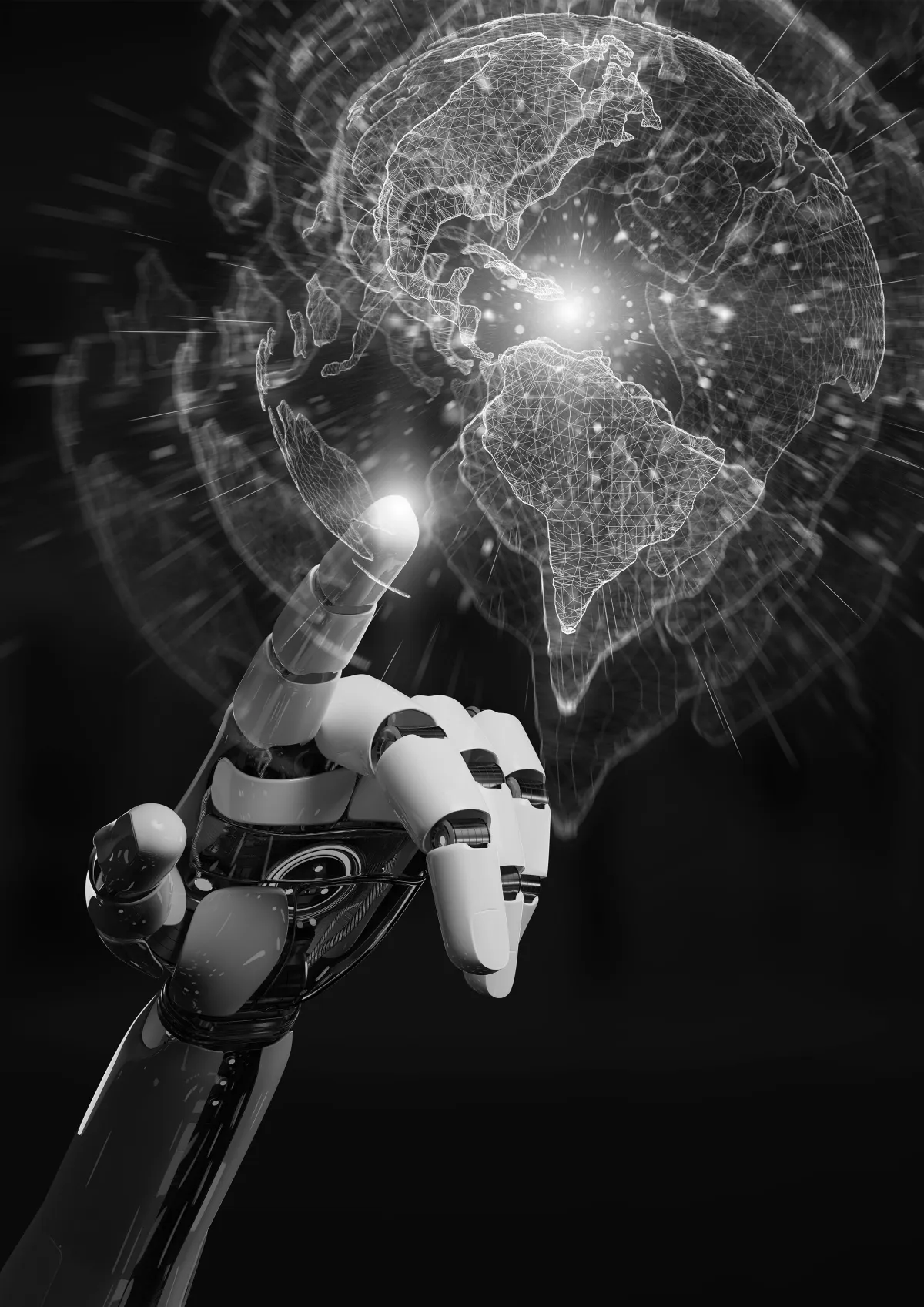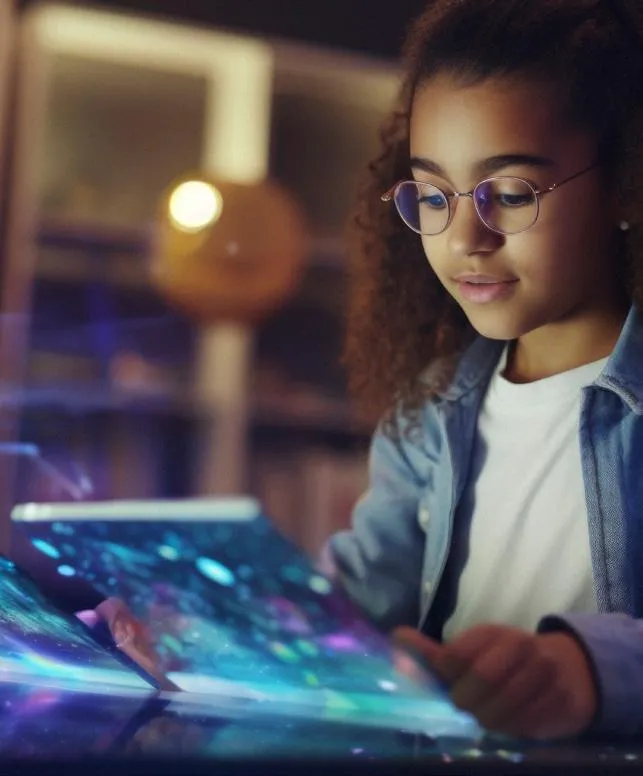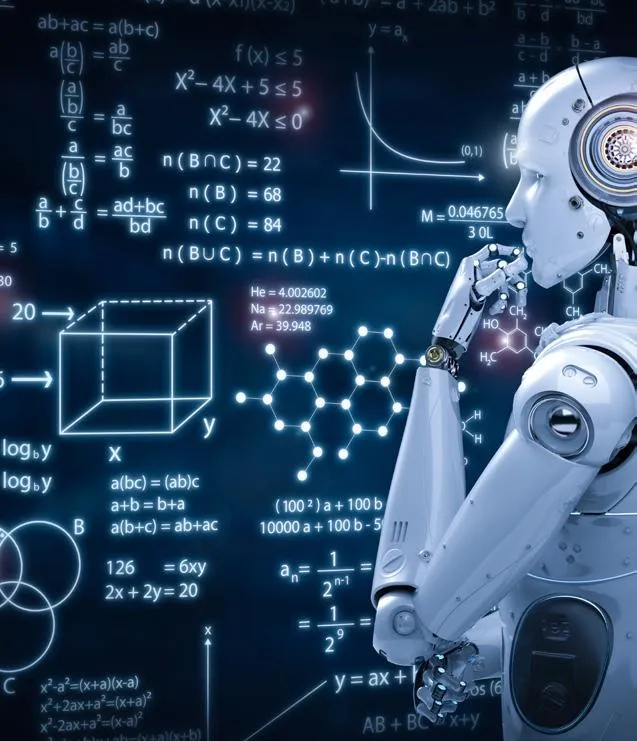Empowering Education
Through Ethical AI
Discover how Switzerland can lead the way in transforming education with artificial intelligence. From foundational AI literacy to human-AI co-thinking, explore key insights, strategies, and tools to help educators, students, and institutions embrace this shift responsibly and effectively.
Discover how Switzerland can lead the way in transforming education with artificial intelligence. From foundational AI literacy to human-AI co-thinking, explore key insights, strategies, and tools to help educators, students, and institutions embrace this shift responsibly and effectively.
A new cognitive skill for the AI era co-thinking empowers learners to engage with AI critically, creatively, and responsibly beyond just asking questions or receiving answers.
Co-thinking is the ability to collaborate intellectually with AI while maintaining human oversight. It’s not about outsourcing thinking, but about engaging in a dynamic exchange where the AI provides suggestions, and the human refines, questions, or challenges them. Students don’t just consume AI output they actively shape the dialogue. This process fosters metacognitive awareness, helping learners understand their own thinking while navigating artificial responses. They learn to spot inconsistencies, detect bias, and evaluate AI-generated ideas based on logic, ethics, and real-world relevance.
It’s about staying intellectually present, not deferring to the machine. By treating AI as a cognitive partner, learners gain a deeper sense of agency and responsibility. Co-thinking encourages exploration, experimentation, and critical reflection, turning every AI interaction into an opportunity for deeper insight and independent reasoning key to thriving in an AI-augmented society.
Whitepaper
For a Swiss education transformed by AI
Literacy in AI: A New Essential Skill for Every Student

Understand the Mind Behind the Machine
AI literacy goes beyond knowing how to use tools it’s about understanding how AI systems generate responses, where they can go wrong, and what they’re capable of. Students learn to grasp the underlying logic, patterns, and blind spots of AI, building a foundation of curiosity, caution, and insight that prepares them for meaningful interaction.

Think Critically, Not Just Click
Students must develop the ability to engage in thoughtful dialogue with AI, not just ask questions and copy answers. This means refining prompts, identifying inconsistencies, questioning outputs, and making independent judgments. AI becomes a thinking partner not a shortcut fostering deeper learning and stronger cognitive skills.


Beyond Tech: For Every Subject, Every Student
AI literacy isn’t reserved for coders or scientists it belongs in every classroom. Whether analyzing historical sources, crafting stories, or exploring biology, students can use AI to spark new ideas and uncover perspectives. It’s about democratizing intelligence, ensuring all learners, regardless of background, can thrive in an AI-powered world.
Teachers: The Architects of Change
AI is reshaping teaching educators now guide human-AI collaboration, critical thinking, and ethics. They need support and tools that respect their role.
Evolving from Traditional Instructor to a Designer of AI-Enhanced Learning Experiences
Teachers must now craft lessons where AI acts as a cognitive partner, not a crutch. This shift requires new approaches from framing the right questions to guiding student reflection making educators the true architects of enriched, student-centered learning journeys.
Delivering Practical, Ongoing Training That Builds Confidence Without Adding Overload or Stress
Professional development must be practical, modular, and aligned with classroom realities. Rather than overwhelming teachers with technical jargon, the goal is to help them gain confidence in using AI meaningfully starting small, growing through experimentation, and learning by doing.
Creating New Teaching Roles Focused on Human-AI Collaboration and Ethical Learning Design
AI opens the door to new teaching roles: facilitators of co-thinking, designers of augmented learning experiences, and mentors in digital ethics. These roles can revitalize the profession, offering purpose-driven growth and innovation within the education field.
Reducing Admin Burdens to Prioritize Human Connection, Creativity, and Student Development
With the right AI support, teachers can offload administrative tasks and focus more on what they do best: building connections, mentoring students, and nurturing creativity. AI should amplify the human impact of teachers not reduce it.
About
AI Swiss
Rue St-Honoré 10
2000 Neuchâtel
+41 32 539 19 92
Social Media
